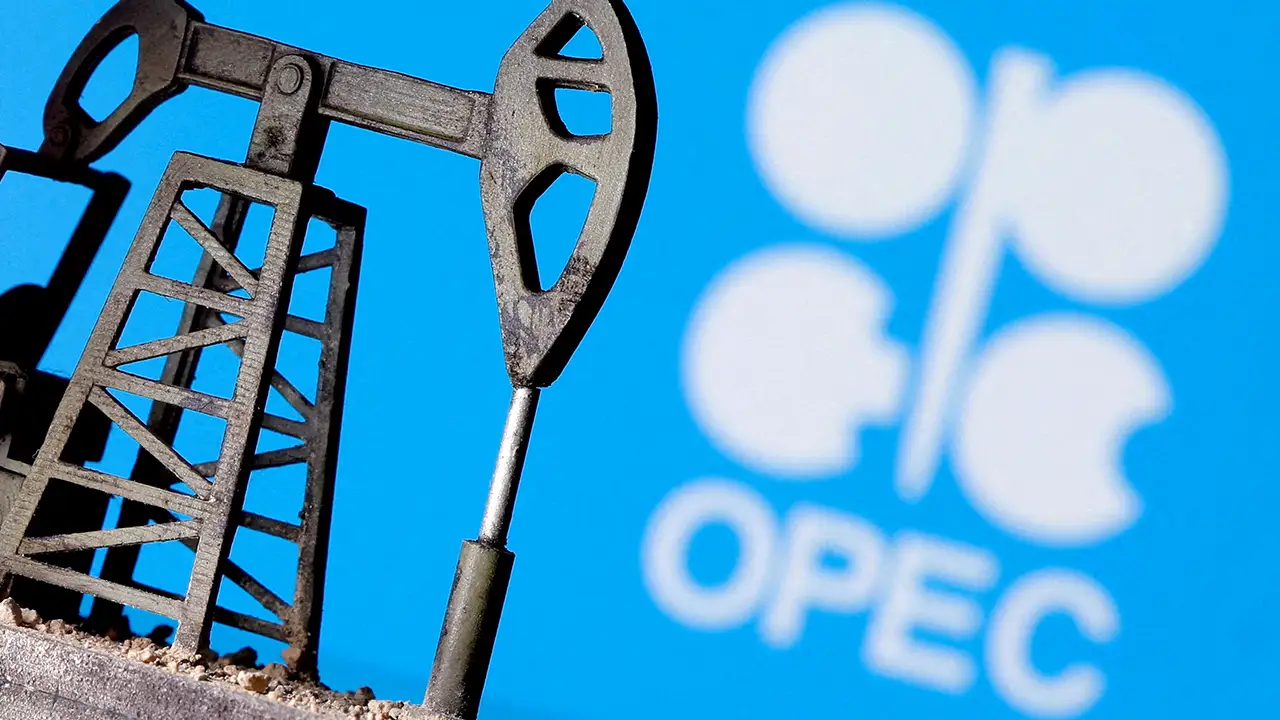
The Fading Cartel: Analyzing the Decline of OPEC’s Unilateral Influence on Global Trade and Sensitive Commercial Decisions
1. Introduction: OPEC’s Historical Mandate vs. Current Reality
For decades, the Organization of the Petroleum Exporting Countries (OPEC) held undisputed sway over global oil markets. Its unilateral decisions on production quotas could, and often did, send oil prices soaring or plummeting, profoundly impacting the global economy and commercial decisions in energy-intensive sectors. Today, however, that era of singular influence is fading. OPEC’s power has been diluted by new geopolitical alliances, unprecedented technological innovation, and the inexorable march toward energy transition.
For international traders and strategic entities like Exim Company, recognizing this shift is essential. The market has moved from a clear oligopoly structure, governed primarily by OPEC, to a complex multi-polar system where uncertainty is the only constant. This analysis explores the key forces that have weakened OPEC’s traditional role and outlines the necessary strategic adaptations for trading firms operating in this new, unpredictable energy landscape.
2. The Rise of OPEC+: A Necessary Concession
The formation of OPEC+ in 2016, which brought together OPEC members and ten non-OPEC oil-producing nations (most notably Russia), was a tacit acknowledgment of OPEC’s weakened position.
* Loss of Market Control: OPEC’s failure to prevent the oil price crash of 2014-2016, largely triggered by booming US shale output, proved that the core group no longer controlled enough of the global market share to effectively counter supply shocks unilaterally.
* The Russian Factor: Incorporating Russia, a geopolitical heavyweight and one of the world’s largest producers, was an attempt to regain control. OPEC+ decisions now manage roughly 50% of global oil supply, far more than OPEC’s initial 30% to 35%. However, this comes at the cost of consensus dependency. Decision-making is now slower, more politically complex, and subject to the divergent interests of Moscow and Riyadh.
* Implications for Traders: The OPEC+ mechanism introduces an element of geopolitical friction into price forecasting. Traders must analyze not just supply and demand, but also the stability of the Saudi-Russian relationship, making the market highly susceptible to political headlines rather than pure market data.
3. The Shale Revolution and the US Counterweight
The most potent structural challenge to OPEC’s authority has been the rise of the US Shale Industry. The United States is now the world’s largest crude oil producer, fundamentally altering the supply side equation.
* The Agile Producer: Unlike massive, long-term OPEC projects, US shale operations are characterized by their short lead times and high capital flexibility. Shale drillers can increase production within months when prices are favorable (typically above a $60 breakeven point), effectively placing an economic ceiling on OPEC’s attempts to artificially push prices higher for sustained periods.
* Erosion of Spare Capacity: Historically, Saudi Arabia held significant spare capacity—the only nation capable of rapidly adding millions of barrels to the market to counteract a supply disruption. The US shale basin, acting as a collective, now functions as a distributed form of “spare capacity,” albeit one driven by profitability rather than policy.
* Strategic Impact: The US has become a net energy exporter, reducing the political leverage of the Middle East over Western consumer nations. This self-sufficiency has allowed the US to employ energy-related sanctions (e.g., against Iran or Venezuela) with less fear of domestic economic backlash, making geopolitical interventions more frequent and unpredictable.
4. Decentralization of Demand and Emerging Market Dynamics
The global demand profile has also shifted, reducing the centralized importance of OPEC for traditional Western economies.
* Shift to Asia: While OECD demand for oil is stagnating or declining due to efficiency and energy transition, the growth center for demand has definitively shifted to Asia, led by China and India. These nations prioritize long-term, stable, and often bilateral supply contracts, occasionally bypassing the short-term volatility created by OPEC+ policy.
* Energy Transition Constraints: The accelerating investment in Electric Vehicles (EVs), renewable power generation, and energy efficiency programs imposes a fundamental long-term constraint on OPEC’s future pricing power. The global consensus to move toward decarbonization means that any sustained price spike engineered by OPEC merely accelerates the switch to alternative energy sources. This factor encourages OPEC to prioritize volume over excessive price hikes to maintain relevance.
* The Investment Paradox: Due to the looming threat of “Peak Demand,” major oil companies are hesitant to commit massive capital to new exploration and production projects that may not pay off before demand begins to structurally decline. This lack of investment may inadvertently limit future supply and contribute to short-term volatility—a paradox OPEC must manage.
5. The Financial and Trading Implications of Policy Uncertainty
The decline in OPEC’s unilateral control has led to increased market volatility and higher financial risk for traders.
* Decision Lag and Volatility: OPEC+ meetings are highly anticipated and frequently shrouded in secrecy, leading to sharp price swings based on rumors and unexpected production targets. This opacity increases the difficulty of short-term price forecasting and hedging.
* Increased Hedging Costs: Traders dealing in Petrochemicals and other energy-linked commodities must contend with more expensive and complex financial hedging instruments to protect against the immediate market shocks caused by sudden OPEC+ policy shifts.
* Impact on Exim Company’s Sector: The price of crude is a primary determinant of Bunker Fuel costs for global logistics and the feedstock price for Petrochemicals. Volatility introduced by a less predictable OPEC+ directly impacts the profitability and risk profile of every cargo transaction managed by Exim Company.
6. Exim Company’s Strategy: Trading in a Multi-Polar Energy World
In this environment, success lies in robust risk mitigation and operational flexibility, the core specialisms of Exim Company.
* Advanced Price Risk Management: We move beyond simple spot trading. Exim Company leverages sophisticated financial tools to hedge commodity risk for our clients, locking in margins for Petrochemical and Industrial Parts supply, thereby neutralizing the short-term market noise emanating from OPEC+ decisions.
* Logistical Resilience: Our End-to-End Global Logistics specialization is designed to bypass politically-sensitive chokepoints. While oil prices affect our transport costs, our ability to rapidly reroute cargo (air, sea, land) and secure alternative bunkering options ensures that our supply chains remain operational when others are paralyzed by market shock.
* Financial Security in Non-OPEC Markets: As the world moves towards bilateral trade with non-OPEC suppliers and consumers, our expertise in Integrated Financial Transfer Solutions becomes critical for executing secure, compliant transactions in diverse, non-USD currency environments.
* Compliance Certainty: Geopolitical tensions and unilateral sanctions often accompany OPEC-related disputes. Our Professional Customs & Compliance desk ensures that our clients’ transactions, regardless of the commodity’s origin or destination, adhere strictly to the rapidly changing regulatory landscape.
7. Conclusion: Navigating a Multi-Polar Energy World
OPEC is no longer the sole, powerful market maker it once was; it is a critical component of a larger, more complex OPEC+ coalition, constantly being challenged by US shale and long-term energy transition goals. This creates a market defined by persistent geopolitical risk and policy uncertainty. For international trade, this environment demands a proactive partner. Exim Company acts as the essential trade facilitator, providing the financial, logistical, and compliance shield required to translate the instability of the multi-polar energy world into assured commercial success for our clients.
Don’t let market uncertainty disrupt your supply chain. Partner with Exim Company for strategic commodity management.



